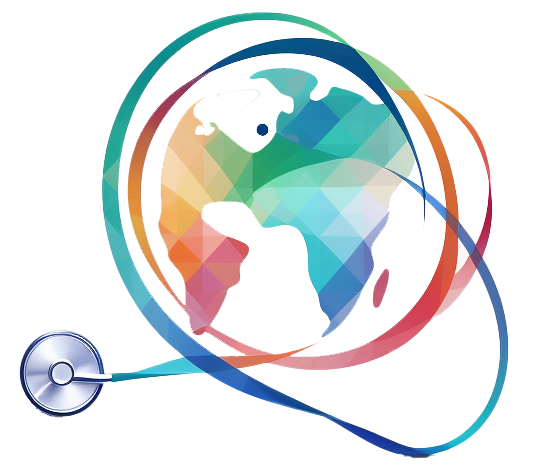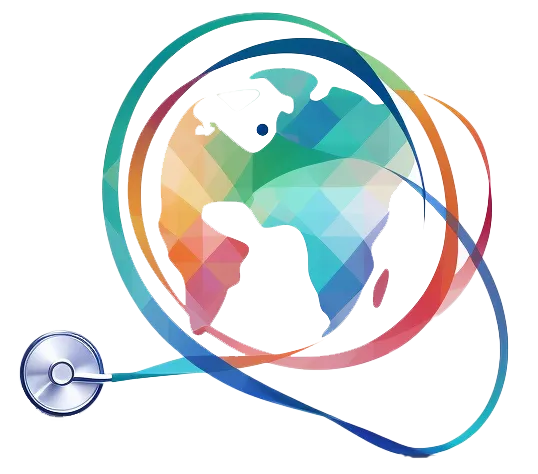In the ever-evolving landscape of medicine, breakthroughs continually reshape our understanding and approach to various diseases and conditions. Let’s embark on a journey through some of the most recent and significant medical research advancements that hold the promise of a brighter healthcare future.
Genomic Medicine: Reading the Blueprint of Life
CRISPR Technology
With the advent of CRISPR-Cas9, genome editing has taken a monumental leap. This tool allows for precise DNA sequence modifications, offering potential cures for genetic disorders and reframing the genetic research paradigm.
Personalized Medicine
By decoding individual genomic sequences, researchers can now tailor medical treatments to individual patient profiles, ensuring maximum efficacy and minimal side effects.
Neurological Advancements: Unlocking the Brain’s Mysteries
Neural Implants
Prosthetics controlled by neural impulses, and implants that assist with conditions like epilepsy or Parkinson’s disease, are no longer science fiction but a growing reality.
Alzheimer’s Disease and Tau Protein
Recent studies have shifted focus from amyloid plaques to the tau protein in Alzheimer’s research. This shift might pave the way for more effective therapies targeting disease progression.
Cancer Therapies: Beyond Chemotherapy
Immunotherapy
Harnessing the body’s immune system to target and destroy cancer cells, immunotherapy offers a new direction in cancer treatments, with CAR T-cell therapy being a prime example.
Liquid Biopsies
Detecting cancerous cells through blood tests, known as liquid biopsies, presents a less invasive method for early detection and monitoring of certain cancers.
Regenerative Medicine: The Art of Self-Healing
Stem Cell Therapies
Stem cells have the unique ability to transform into various cell types. Leveraging this potential, researchers are exploring treatments for conditions like spinal cord injuries, degenerative diseases, and even organ regeneration.
3D Bioprinting
3D printing of biological tissues, especially for transplant purposes, is on the horizon. This technology holds immense potential in addressing organ donor shortages.
Digital Health and AI: The Technological Revolution
Wearable Health Monitors
From fitness trackers to ECG and glucose monitors, wearable devices provide real-time health insights, allowing for proactive medical interventions.
Artificial Intelligence in Diagnosis
AI algorithms, trained on vast medical datasets, are now assisting physicians in diagnosing conditions, ranging from skin cancers to retinal diseases, with remarkable accuracy.
Microbiome Research: The World Within
Gut-Brain Axis
Emerging research suggests a direct communication line between our gut and brain. This connection might hold keys to understanding conditions like depression, anxiety, and even autism.
Probiotic Therapies
Harnessing beneficial bacteria for therapeutic purposes is gaining traction. Such treatments may revolutionize approaches to gastrointestinal diseases and even metabolic conditions like obesity.
Conclusion
The world of medical research is an ocean of endless possibilities. As we navigate these uncharted waters, the horizons of healthcare continue to expand, offering hope and improved quality of life for patients worldwide. The breakthroughs highlighted above represent just the tip of the iceberg, with countless more discoveries awaiting our exploration.

